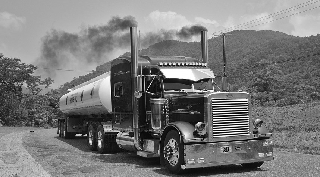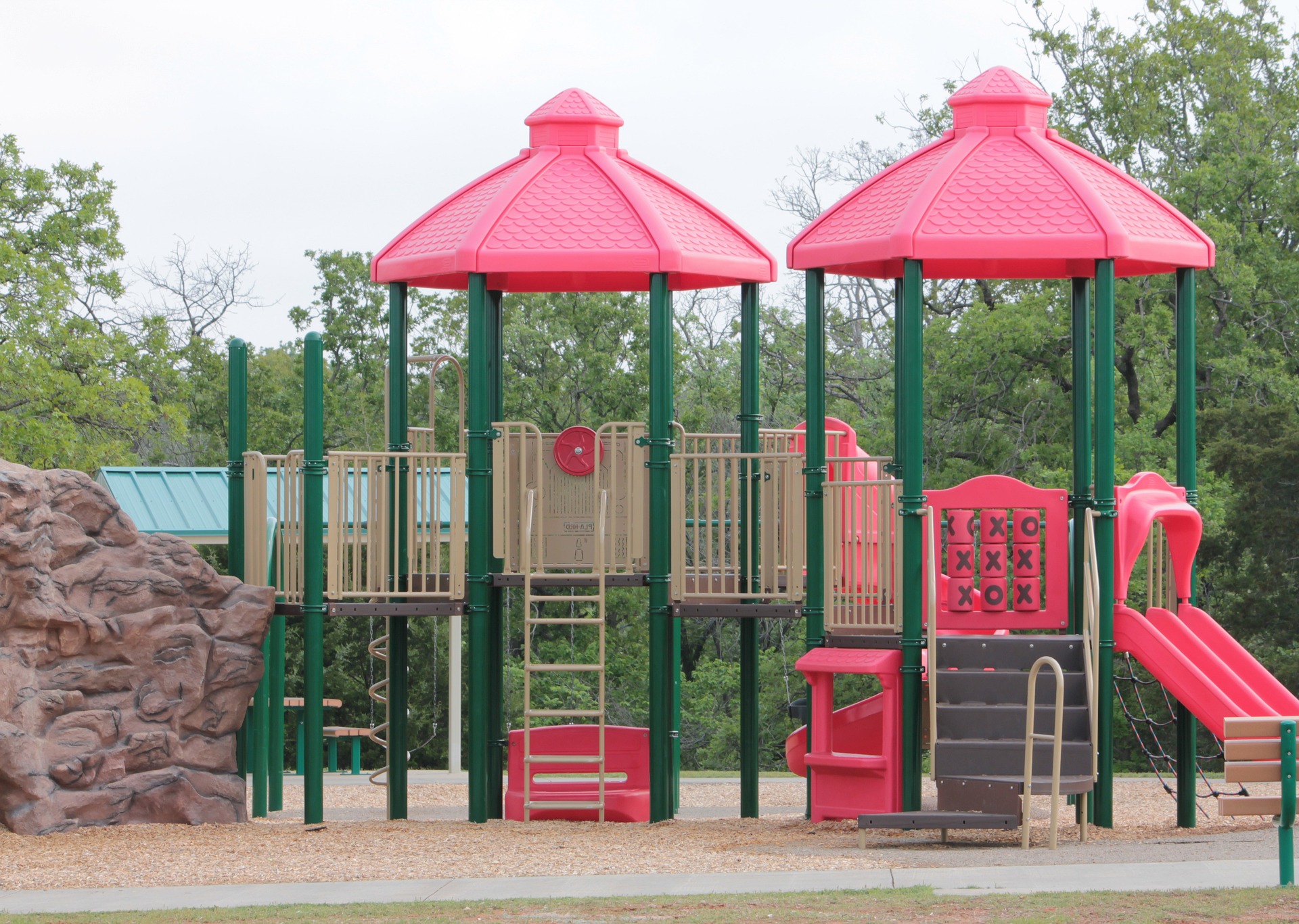
Spring 2023 e-Bulletin
IN THIS ISSUE
Spotlight on diesel engine exhaust exposure – New special topics page highlights CAREX Canada’s research on diesel engine exhaust
Recent publications – Inequalities in environmental carcinogen exposures, sun safety messages for outdoor workers, occupational radon estimates, and surveillance of solar radiation-induced skin cancers
CAREX news – New grants awarded to study shade inequities in playgrounds, tailored sun safety messages for construction workers, communication of radon risk among First Nations communities
Team update – Dr. Larsen’s changing role
Communications updates – Recent stories from our Carcinogens in the News digest
SPOTLIGHT ON DIESEL ENGINE EXHAUST
New special topics page highlights CAREX Canada’s research on diesel engine exhaust
CAREX Canada has developed a special topics page to highlight our resources on diesel engine exhaust, a carcinogen we identified as a high priority for exposure reduction. The special topics page features our occupational and environmental exposure estimates, maps of the predicted levels of diesel engine exhaust in outdoor air, and a webinar on diesel engine exhaust exposure and reduction in the workplace, presented in partnership with the Occupational Cancer Research Centre and the Ontario Occupational Disease Action Plan.
Research on setting an occupational exposure limit for diesel engine exhaust in Canadian workplaces is also presented. This includes a report that describes the regulatory landscape and key barriers and facilitators to setting occupational exposure limits in Canada, as well as a policy analysis to understand how an occupational exposure limit policy for diesel engine exhaust was developed and actioned for mines in Ontario.
The special topics page is available here.
RECENT PUBLICATIONS
Inequalities in environmental carcinogen exposures, sun safety messages for outdoor workers, occupational radon estimates, and surveillance of solar radiation-induced skin cancers
Our team recently published journal articles on CAREX-related research, including:
- A study to develop tailored, practical, harm-reducing sun safety messages that will better support outdoor workers and their employers in reducing the risk of solar UVR exposure and UVR-related occupational illnesses.
- A scoping review to assess inequalities in environmental cancer risk and carcinogen exposures, which identified four main themes: air pollution and hazardous substances, access to tobacco, access to healthy foods, and other aspects of the built environment (e.g.., greenspace, walkability).
- A description of the prevalence and levels of exposure for occupational radon exposure in Canada, which found that a significant number of workers exceed the WHO’s and Health Canada’s radon guidelines for indoor environments.
- An investigation on best practices, barriers and facilitators for creating an occupational sun exposure or skin cancer surveillance system for outdoor workers. Key barriers include underreporting and under-funding, while vital facilitators include collaboration and communication, and simple reporting processes.
A full list of our publications is available here.
CAREX NEWS
New grants awarded to study shade inequalities in playgrounds, tailored sun safety messages for construction workers, communication of radon risk among First Nations communities
CAREX Canada researchers and collaborators, led by Principal Investigator Dr. Cheryl Peters and Senior Investigator Dr. Kristian Larsen, were recently awarded funding to expand our research on:
- Assessing inequities in access to shade in playgrounds in Vancouver. This work is funded by the Provincial Health Services Authority.
- Mobilizing tailored sun safety messages in the construction industry. This work is funded by WorkSafeBC’s Applied Innovation program and brings together experts from the Sun Safety at Work Canada Working Group.
- Developing culturally appropriate, evidence-based tools to support community members from Kanesatake First Nation to understand risks associated with radon exposure. This work is funded by the Canadian Institutes of Health Research (CIHR) Planning and Dissemination program and will be conducted in partnership with members from Kanesatake First Nation, the Food, Environment, Health and Nutrition of First Nations Children and Youth (FEHNCY) research group, Health Canada and Evict Radon.
TEAM UPDATE
Dr. Larsen’s changing role
Dr. Kristian Larsen, Senior Investigator at CAREX Canada, is now a Research Scientist in the Office of Environmental Health at Health Canada. He will continue to collaborate with CAREX Canada in this new position on research regarding inequalities in environmental carcinogens and chemical exposures.
COMMUNICATIONS UPDATES
Recent stories from our Carcinogens in the News digest
- Our team, in partnership with Evict Radon colleagues, published a study assessing how residential radon gas exposure increased due to changing activity patterns resulting from the COVID-19 pandemic. Findings show that younger people in newer urban or suburban properties with more occupants, and/or those employed in managerial, administrative, or professional roles had disproportionate increases in residential radon exposure due to changed activity patterns.
- CTV News summarizes changes to Ontario’s mining regulation to reduce miners’ exposures to diesel engine exhaust. The new rules will improve underground ventilation requirements and will lower the exposure limit to harmful diesel exhaust to the most protective levels in North America.
You can subscribe to our monthly Carcinogens in the News digest here.
Please note that the CAREX Canada e-Bulletin is now a bi-annual digest. For more regular communications from us, please subscribe to Carcinogens in the News, a monthly digest of media articles, government reports, and academic literature related to the carcinogens we’ve classified as important for surveillance in Canada.
Subscribe to our newsletters
The CAREX Canada team offers two regular newsletters: the biannual e-Bulletin summarizing information on upcoming webinars, new publications, and updates to estimates and tools; and the monthly Carcinogens in the News, a digest of media articles, government reports, and academic literature related to the carcinogens we’ve classified as important for surveillance in Canada. Sign up for one or both of these newsletters below.
CAREX Canada
School of Population and Public Health
University of British Columbia
Vancouver Campus
370A - 2206 East Mall
Vancouver, BC V6T 1Z3
CANADA
As a national organization, our work extends across borders into many Indigenous lands throughout Canada. We gratefully acknowledge that our host institution, the University of British Columbia Point Grey campus, is located on the traditional, ancestral, and unceded territories of the xʷməθkʷəy̓əm (Musqueam) people.






